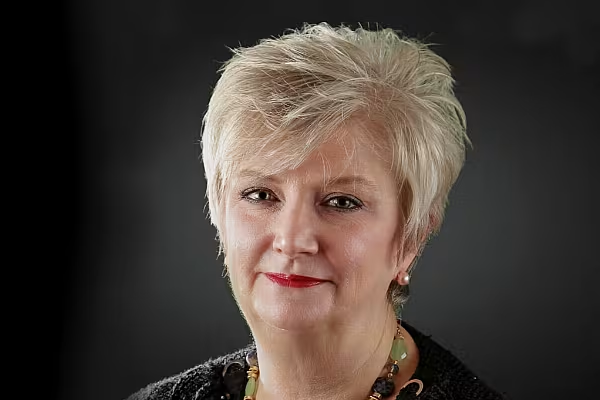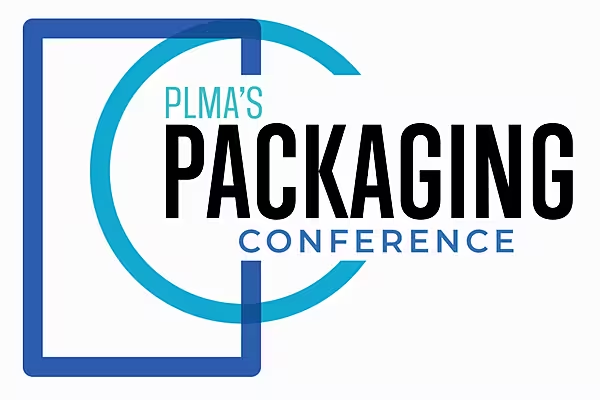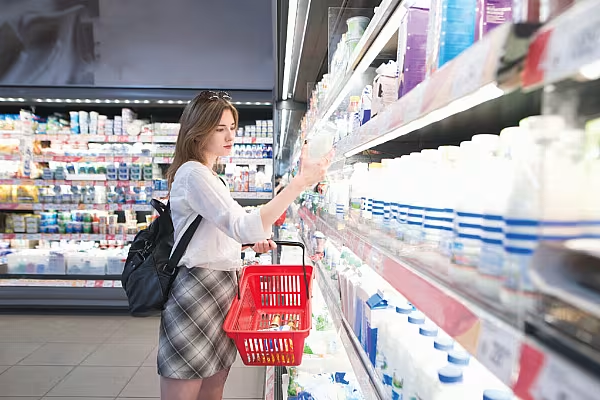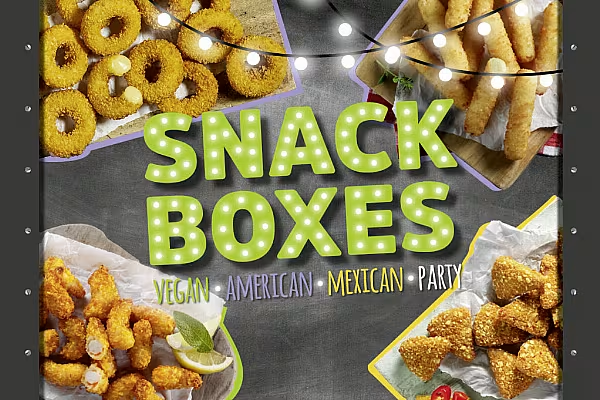Peggy Davies was named acting president of the Private Label Manufacturers’ Association (PLMA) in June 2020, taking on the role full time the following year. Ahead of this year’s PLMA ‘World of Private Label’ trade show, ESM caught up with her.
This article first appeared in ESM's May/June 2023 edition.
ESM: What are your expectations for this year’s PLMA World of Private Label trade show?
Peggy Davies: We’ve been sold out for months and are expecting a record number of buyers and visitors at the RAI Amsterdam Convention Centre this 23 and 24 May. From where we stand today, all signs are pointing to a full return to pre-pandemic participation, and possibly even exceeding 2019’s attendance.
There’s certainly a lot to be excited about with this year’s show. Of the total of more than 2,600 exhibitors from 70 countries, we are welcoming more than 700 first-time exhibitors from 55 countries. To accommodate all of them, we’ve added a new hall to the Food section and reorganised another hall to increase the capacity of our Non-Food section.
In addition, attendees will have the opportunity to see more than 500 products on display in the New Product Expo, along with over 60 private-label ranges from retailers across the world in the PLMA Idea Supermarket.
Many of those on display will be continuing the trend of sustainable and environmentally friendly products, in both food and non-food categories.
Read More: PLMA Gears Up For The World Of Private Label International Trade Show
Inflation and the cost-of-living crisis have been the dominant topics of the past year, which has provided a boost to the private-label sector. What have you observed with regard to this?
I think all CPG companies worldwide have faced challenges in this unprecedented market, for a variety of reasons, and retailers are doing what they can to cushion the financial impact on their customers. One way to do that is through their private-label offerings of quality and value.
We know, in spite of the current challenges, NielsenIQ reported that retail brand sales increased in all but one of the 17 countries surveyed in 2022. Experts in both the US and Europe are telling us that the opportunity for private label is greater than it has been in quite some time.
With that in mind, we’re feeling confident our industry is going to continue to hold its competitive edge in the marketplace.
To what degree has new-product innovation in private label been affected by the current inflationary environment?
Regardless of what’s happening with the economy, innovation, quality and value are key to a retail brand’s success. Retailers want to have ‘shelf confidence’ in their private-label offerings. Introducing unique, innovative products – whether it’s a premium or a value brand – is how they stay competitive and keep loyal customers.
During our recent Roundtable Conference, there was discussion regarding ‘incandescent’ private label, and that relates back to innovation. There are many examples of European retailers’ private labels who have successfully established themselves in the minds of the consumer without needing to be compared to another brand or product.
Many of those lines include products with unique health and wellness attributes, sustainable packaging or seasonal appeal. I think you’ll see some of this type of innovation at our show in May.
In what European countries has private-label growth been most pronounced over the past year, and what is driving this growth?
According to NielsenIQ, growth cannot be attributed to any single category, however, research did show us that, in general, perishable and frozen food, paper products and ambient food are the top categories, with an average of 50% private-label share, representing, in total, €212.8 billion across the 17 European countries tracked.
Read More: Private-Label Market In Europe Worth More Than €300bn: PLMA
Other topics discussed at the Roundtable Conference included the role of private label in the e-commerce environment, and the emerging Gen Z consumer. In what ways do you think that retailers can position their private labels more effectively to cater to these trends?
Most CPG companies and retailers have embraced the omnichannel approach to reach consumers. Most retailers are having success driving their private-label programmes using their own media in store. E-commerce or an online presence, however, is essential for reaching the Generation Z consumer.
Online, retailers have gained a lot of consumer loyalty with the help of influencers, and some of that has been driven organically, through ‘fans’ of certain retail brands sharing their favourite products and experiences.
In the US, for example, Trader Joe’s has thousands of followers and fan pages on several social platforms. In Europe, Lidl is just one of many retailers with large-scale influencer campaigns that feature their own brands.
In every case, whether online or in store, they are telling the consumer product stories unique to their private label. The bottom line is that retailers using all the tools in the box are sure to come out on top with the consumer.
What do you think the coming year has in store for the private-label sector?
All indicators point to the current marketplace fluctuations as not being a hindrance to this industry. In fact, the past few years have taught us the importance of being able to pivot when necessary.
What we do expect to see are categories and packaging which reflect the rise in consumers’ desire to align themselves with sustainable, eco, and socially conscious products, as well as products meeting the need for convenience, functionality, and overall health and wellness. Consumers are telling us what they want, and I think we are all doing a pretty good job of listening.
For more information on this year’s PLMA ‘World of Private Label’ trade show, log on to www.plmainternational.com.
© 2023 European Supermarket Magazine – your source for the latest Private Label news. Article by Stephen Wynne-Jones. Click subscribe to sign up to ESM: European Supermarket Magazine.














